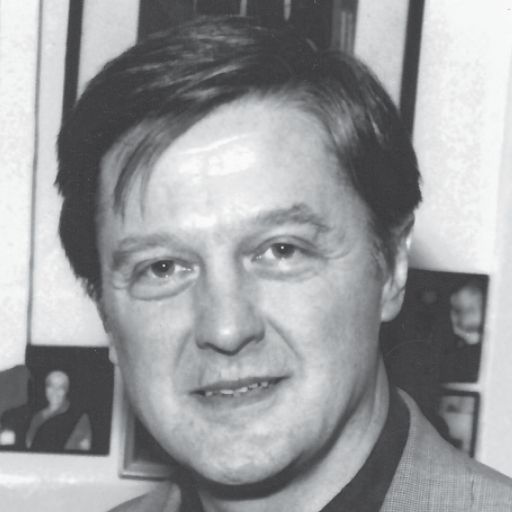2003

Year 23

Prof. Jeffrey L. Cummings
Augustus S Rose Professor of Neurology,
Psychiatry & Biobehavioural Sciences, UCLA, Los Angeles, USA
THEME: DEMENTIA: FROM SCIENCE TO PATIENT
AD manifests as early memory deficit which is progressive with a concomitant impairment of
language expression and comprehension and visuo-spatial skills are compromised. There is also
depression, poor self-care and an increasing level of dependence. In VaD, the dementia begins
abruptly, about 3 months after stroke, with the residual neurological deficits often present. It
progresses in a stepwise pattern of decline. Deficits in planning are typical. With progress in the
disease process, the patient with dementia becomes increasingly dependent on family members.
Cognitive decline is more often accompanied by behavioural problems. The impact of dementia
is pervasive and severe, leading to marked psychological distress. Treatment of dementia
depends on the specific diagnosis in the affected individuals. Cholinesterase inhibitors in
Alzheimer’s disease and platelet anti-aggregants such as aspirin, to prevent stroke recurrence in
stroke-related dementias are the mainstay, other treatments being vitamin E, antioxidants and
glutamine-blocking agents. These temporarily improve the condition, or delay progression.










